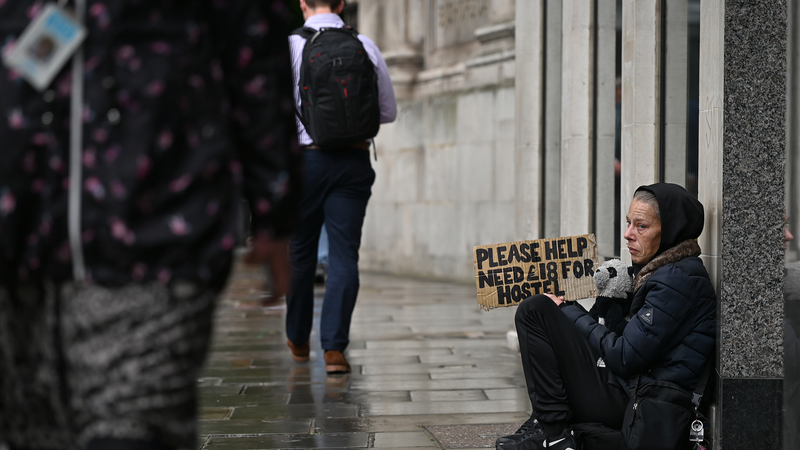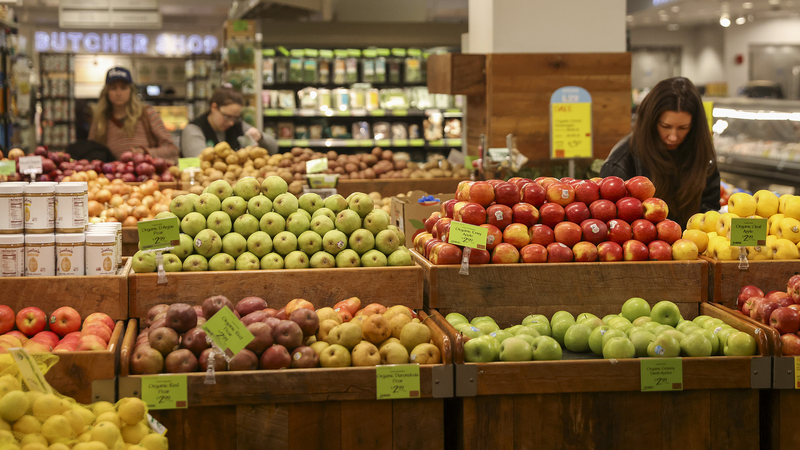Britain's labor market faces mounting challenges as unemployment rose to 4.7% in Q2 2024 – the highest since 2020 – with experts pointing to global trade tensions and domestic economic pressures as key drivers. Official data reveals a 5.8% quarterly drop in job vacancies, particularly impacting arts, retail, and hospitality sectors.
Sector-Specific Strain
The arts and entertainment sector saw vacancies plummet 17.6%, while retail and hospitality accounted for the largest job losses. "Rising minimum wages and employer costs are colliding with weak consumer demand," noted Stephen Evans of the Learning and Work Institute.
Wage Growth Paradox
Steady 5% wage growth, while benefiting workers, has created what economists call a "double-edged sword." Jane Gratton of the British Chambers of Commerce warned: "Persistent cost pressures are forcing businesses to delay hiring or reduce staff."
Global Trade Headwinds
University of Birmingham's Prof. David Bailey highlighted U.S. tariffs' ripple effects: "Automotive tariffs jumping from 2.5% to 10% have directly impacted exporters like Jaguar Land Rover, contributing to 500 recent job cuts." The Confederation of British Industry's Matthew Percival added that global uncertainty is making firms "cautious about expansion."
Policy Crossroads
With payroll employment down 149,000 year-on-year, economists urge action. The Resolution Foundation's Hannah Slaughter observed: "The labor market has shed 165,000 jobs in eight months – this cooling trend shows no signs of reversing." Bank of England interest rate decisions remain under scrutiny as policymakers balance inflation control with employment protection.
Reference(s):
UK's unemployment hits 4-year high amid U.S. tariff pressure
cgtn.com








